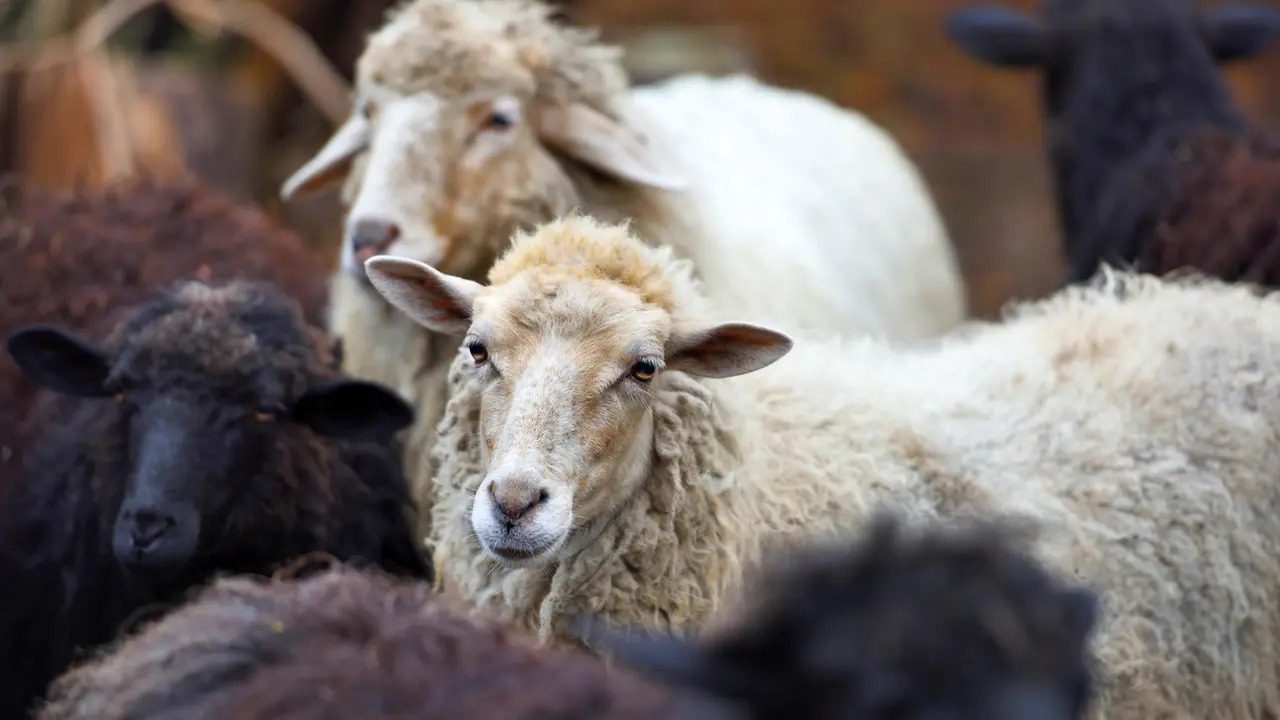In a concerning development for Czech farmers and veterinarians, the State Veterinary Administration (SVA) reported eight new outbreaks of bluetongue disease in the past week. This viral infection, which primarily affects sheep and cattle, has now spread to approximately 1,400 additional animals across three regions of the country.
The Plzeň region bore the brunt of the new cases with five outbreaks, while South Bohemia and Karlovy Vary regions reported two and one outbreak respectively. As of Tuesday, the total number of outbreaks has risen to 82, encompassing over 14,600 animals. These figures underscore the rapid spread of the disease since its reemergence in the Czech Republic in early September, after a 15-year absence.
Bluetongue disease, transmitted by blood-sucking insects called midges, manifests with symptoms including fever, inflammation, and swelling in the mouth, nostrils, eyelids, and ears. While cattle often show no clinical signs, sheep can experience severe symptoms and, in some cases, fatalities.
In response to the outbreak, the SVA has implemented measures to prevent further spread of the disease. The protective zone has been extended to cover the entire country, resulting in the Czech Republic losing its bluetongue-free status. Animal movement is now restricted, particularly from outbreak areas, and is governed by rules set by regional veterinary authorities.
As a preventive measure, the SVA strongly recommends vaccination for cattle and sheep owners. However, vaccination remains optional and must be administered by approved private veterinarians. Farmers are required to keep detailed records of vaccinated animals and their offspring. While the government isn’t mandating mass culling of animals, violations of extraordinary measures can result in hefty fines – up to 100,000 Czech crowns for individuals and 2 million for businesses.
As the Czech Republic grapples with this resurging threat to its livestock industry, authorities continue to monitor the situation closely. The coming weeks will be crucial in determining the effectiveness of the implemented measures and the potential long-term impact on the country’s agriculture sector.





